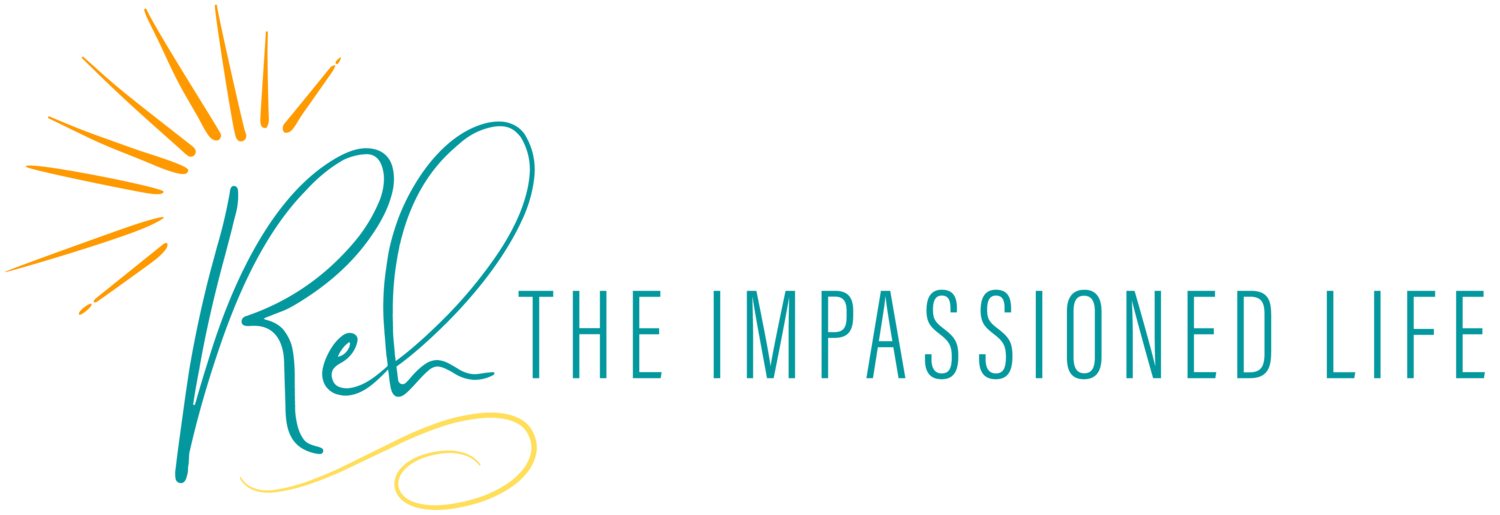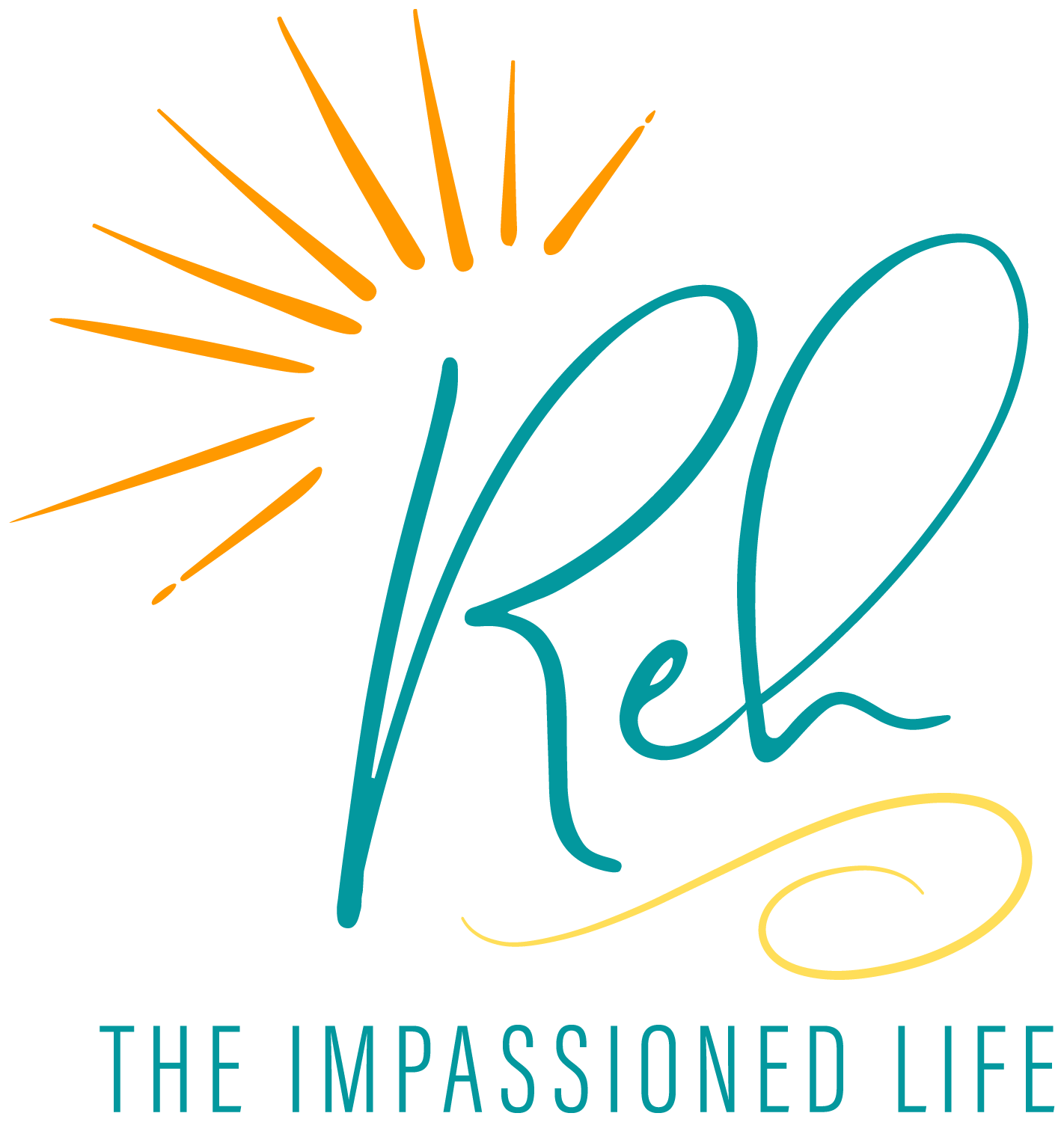Un-doing Patterns of Self-Betrayal: Getting Comfortable with Being Uncomfortable
What is self-betrayal? Self-betrayal or self-abandonment is essentially when you do something for someone else at some expense to yourself to avoid something uncomfortable. This can range from not wanting to feel the discomfort of disappointing someone, all the way to fear of manipulative or abusive responses (No victim blaming here!! If you have suffered abuse I want you to know RIGHT NOW that doing whatever you needed to in order to avoid the abuse is often part of survival. If this is you, please seek a licensed counselor).
The energy behind a self-abandonment transaction would be: have to, should, ought to, expected of me, duty, I better or else, easier to do it myself, better to keep the peace, they wouldn’t understand, if I don’t who will, etc. For my Faith transitioning friends, this may not sound so bad. In Mormonism we are taught that self-abandonment is honorable. It is described as: sacrifice. The pressure to sacrifice is immense – time, money, energy, relationships, other resources, all that we have and are – we even covenant to give our life, if necessary, for the cause of the Church. (Yes, I attended the temple regularly and that gave me pause more than once).
Here's the hardest part. There IS a healthy side to sacrifice. There IS something amazing about being a peace-maker, about turning the other cheek, and giving of our resources. Healthy transactional energy behind these actions says: I want to, it brings me joy, I choose this, I see a benefit, etc. This energy comes from a place of personal power, not corrosion, presser to perform, or to please someone else. There is no SHOULD here. You only have this power when you ACTUALLY have the ability to say “no” without consequence and can withstand the shame of making someone else uncomfortable.
You can remain an active member of The Church of Jesus Christ of Latter-Day Saints (or other Orthodox faith) and reclaim your sense of self. I’m not going to lie though, it is hard and you will face push-back. But it IS possible, if staying in the faith is what you choose.
Here are a couple tips to begin healing Self-Abandonment.
First, give yourself some grace.
When we realize the extent that we have given away our own personal power and how much we have self-abandoned, it is incredibly painful. There WILL BE grieving. There might be anger towards others, the church, and ourselves. Feel into those feelings, express them, don’t fear them. Also remember you didn’t do it on purpose. Most of the pressure to conform and self-abandon is tied to a desire to be Good. Many of us were just wanting to please people we love, most of all God. We didn’t understand the damage we were doing to ourselves. Feel the feels and give yourself grace.
Second, listen to your body to know when you’re self-abandoning.
Our bodies are like giant telephones. But we so frequently ignore the calls! If we’re deep in self-abandonment, it’s like having your phone on silent. Before saying yes, take a moment to check in. Brene Brown talks about listening for resentment. If you say Yes and you know you’re going to feel resentment later, pay attention. It might be uncomfortable saying no when you’re used to always saying yes, but it’s better than hours, days, or years of resentment. The more you listen, the more you hear, the more you can become clear on where your boundaries are and where you still need work and support. When you first begin, you might want to say no to everything. That’s OK too. Give yourself the time and space you need to feel strong again. There’s no right or wrong answer. The choice is completely YOURS
Third, remember that healing happens in small acts of self-acceptance and self-love.
Begin to listen for those moments of “No” and respect them. It will be uncomfortable at first, but it gets easier. It helps to start with less intimate relationships. I distinctly remember a moment where I was able to stand in the face of disappointing my neighbor when she asked me to participate in a service activity with her church (Not LDS). It was soon after my mom passed and right after I decided I was leaving the Church. I was not in a place where I felt that I wanted to participate, had the energy to give, or wanted anything to do with any church. I was respecting my grief and need for rest and space. So I said, “I appreciate you for thinking of me, but no thank you.” She then employed some shame tactics around giving to others being better than doing for ourselves that sounded pretty familiar as a post-Mormon. But you know what? I had learned to listen to and respect my needs FIRST over making her comfortable in that moment. I smiled and said, “Good luck!” and went inside. I didn’t feel guilty about it at all. It felt AMAZING!
Lastly, be patient with yourself and seek help if you need it.
You’re going to mess up sometimes. If you have been self-abandoning for years, you’ve established a lot of habits that will take time to shift. Your new boundaries may shock the people around you as well. Learning to communicate and express yourself effectively takes work and practice. You may also have some blind spots that are hard to overcome. This is where reaching out for help makes a difference. This is a great time of change and self-overhaul. You don’t have to do it alone. As I’ve done this work, one of the greatest gifts was being able to bounce my “boundary plan” off my coach for an outsider’s perspective. She never failed to be real with me and helped me keep me on track for clear, concise, to the point communication that avoided blame or victim mentality. It was still VERY uncomfortable (like, I want to throw-up uncomfortable) to set boundaries with some family members that I love. Working with her helped me feel supported and confident while I took those hard steps. I was able to communicate my boundaries in the most respectful and loving way possible. She held my hand through it all and that was priceless!
I know how tough this can be. If you feel that you need help learning how to overcome self-abandonment, how to set healthy boundaries and reclaim your voice, set up an appointment to chat. Don’t live in resentment, anger, suppression, and frustration any longer. Do the work to THRIVE.
All My Love My Friends,
Reh

